Congrats Cathy....
Job Well Done!!!
   |

Empowerment and Motivational Speaker, Non-GMO Health and Wellness Expert, Self-Publishing and Business Coach, Advice Columnist at DearCathy.com and author of 26 non-fiction books at:
Cathy Harris Celebrates
"One Year Gardening Journey"
With Release of
"New Gardening Book" and
"Green Thumb at 60 Video Gardening Series"
Just when you thought you could not do anything else GREAT...you do something else GREAT.
I told you guys I was going to do it and now it's...PROJECT COMPLETE!!!
I did this for my immediate family, other family members, my community and YOU...
|
This is my 2nd Gardening Book,
6th Health Book and
26th Non-Fiction Book with my Empowerment/Publishing Company
AngelsPress.com
 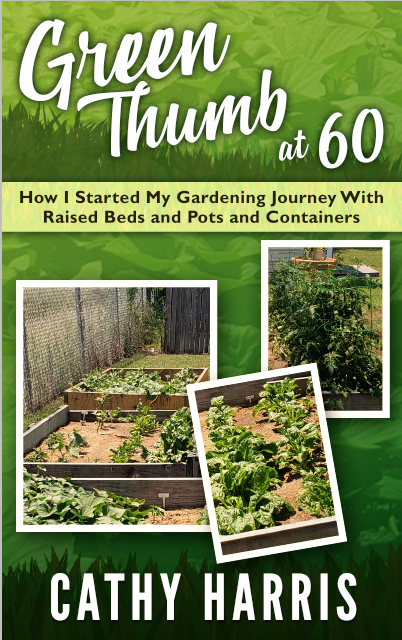
Green Thumb at 60: How I Started My Gardening Journey With Raised Beds and Pots and Containers
by Cathy Harris
(available as an e-book and paperback)
TABLE OF CONTENTS
Chap. 1: 10 Steps To Start Growing Your Own Foods
Chap. 2: How I Built A Raised Bed Garden
Chap. 3: Amending The Soil in Raised Beds
Chap. 4: Garden Critters and Pests
Chap. 5: What You Need To Know About Seeds
Chap. 6: Use Containers and Pots To Grow Foods
Chap. 7: GMO Education - Stop Living in the Dark
Chap. 8: My Gardening Journey Revelations
PREFACE - A NOTE TO THE READER
What we are experiencing right now in this country is a "food fight." So therefore, we need to fight for those who deserve saving, especially those that fought for us our entire lives.
There is no one or nothing standing in our way to building sustainable, holistic and natural communities again throughout the land. I know this for a fact!
You see I was raised on a farm in rural Georgia and everything my 8 siblings, my mother and father and I ate came from the land. We had several apple, pear and peach trees, cows, mules, pigs, chickens, etc. -- the usual things you find on a farm.
We knew no other way of living, so despite many people today making all kinds of excuses for not growing foods, I know 'first-hand' we can get back to nature - back to our roots and start growing and eating delicious, home-grown foods again.
At 60 years old -- many people would probably be too embarrassed to admit that they are finally growing their first garden - but not me.
Our first raised bed garden was planted on June 14, 2017, for our Summer crop and contained Honeydew Melons, Cantaloupes, Watermelons, Peppers, Cucumbers, New Zealand Spinach, and Swiss Chard.
Our Winter crop on Nov. 1, 2017 contained Swiss Chard, Beets, Lettuce, Spinach, Turnips, Cabbage, Broccoli, Mustard Greens, Kale and Cauliflower.
Our Spring crop on April 19, 2018 included Sweet Potatoe Slips, Peppers, Swiss Chard, Tomatoes, New Zealand Spinach, Cucumbers, Watermelons, Cantaloupes and Honeydew Melons.
Each season we doubled-up (or planted extra rows) of green foods because of their "nutritional value," and also had 2 citrus fruit trees (a lemon and tangerine tree) in pots on the back porch.
It's especially Seniors today that need to start growing their own foods because homegrown foods taste better; to make sure foods are safe to eat and are Non-GMOs; to fight diseases and keep down doctor's visits; to save money and cut down on grocery bills, and in order to have a healthier environment -- as they age.
As an Empowerment and Motivational Speaker along with being a National Non-GMO Health and Wellness Expert, I see growing my own foods as a necessity. And it's certainly nothing that people need to be embarrassed about - no matter your age.
Despite the fact that over 40% of people stop growing foods after one year, my family is still going strong. I wanted to grow foods successfully for one year before I wrote a book about growing foods. So this book is the completion of my own one year gardening journey.
I can't tell you what it has been like to be able to look out of our kitchen window of our own home and look at something we started from scratch - our own backyard, raised bed garden.
We can't bring this gardening project to an end without telling you first how successful it was. Remember, never let anyone define success for you, whether you are looking at your personal or business life.
Success is in the eye of the beholder. Success is a journey not a destination. Success is simply moving forward and accomplishing whatever it was you set out to accomplish and -- that we did.
First of all I am not going to tell you our journey was easy. There were a lot of hard work and many challenges, which taught us what to look out for in the future.
Sure we made mistakes, but we have owned up to them and will be using them as guidelines for our future gardening journeys. If we are truly working to save our families and communities, then it's vital that we all be on the same page.
Remember, your ultimate goal should be to educate yourself, your family and others in your own community. The goal is to teach everyone how to fed, clothes and shelter their own families.
And one of the best ways to get everyone, especially teenagers, who can't find work, especially in the summertime, and former prisoners involved in job's programs and business ownership is around growing foods.
However, not everyone will be able to start a business so they will need to seek employment opportunities in urban farming, agriculture, and gardening.
The sooner we get back to basics and start growing our own foods again by becoming gardeners, farmers, or join food co-ops or food coalitions - the sooner we can save generations upon generations of families. Good luck with your gardening journey!
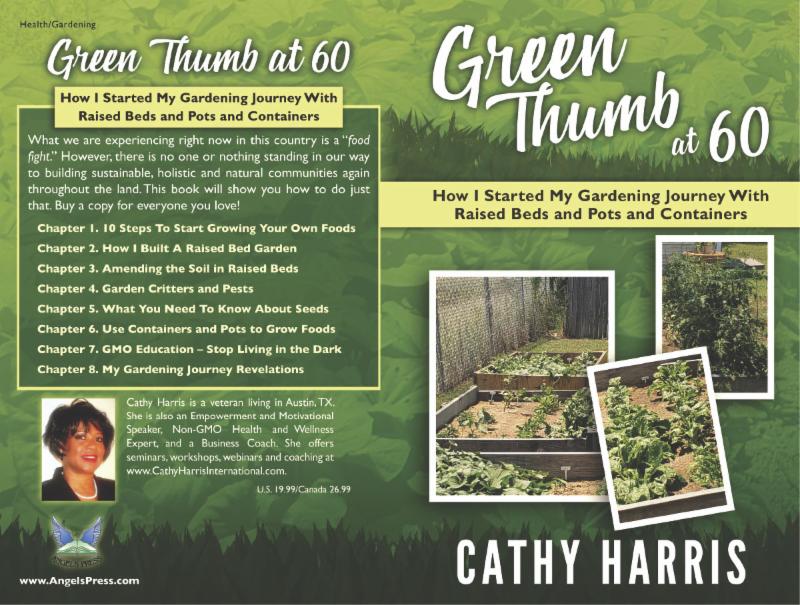
3 Growing Seasons -
3 Raised Beds
Our first raised bed garden was planted on
June 14, 2017, for our Summer crop and contained Honeydew Melons, Cantaloupes, Watermelons, Peppers, Cucumbers, New Zealand Spinach, and Swiss Chard.
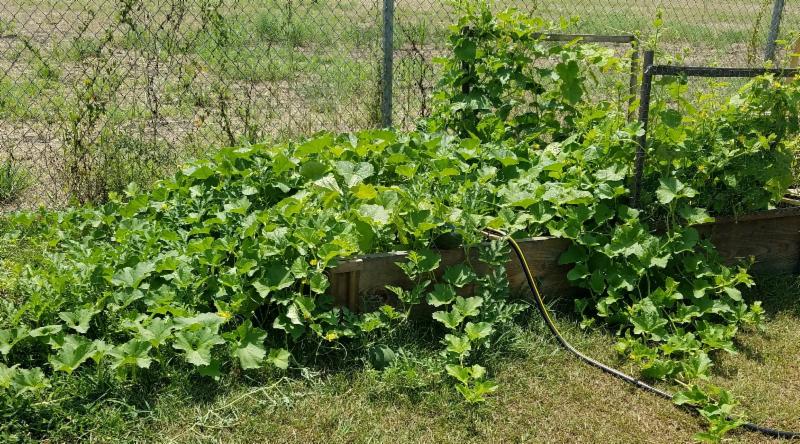
Our Winter crop on Nov. 1, 2017 contained Swiss Chard, Beets, Lettuce, Spinach, Turnips, Cabbage, Broccoli, Mustard Greens, Kale and Cauliflower.
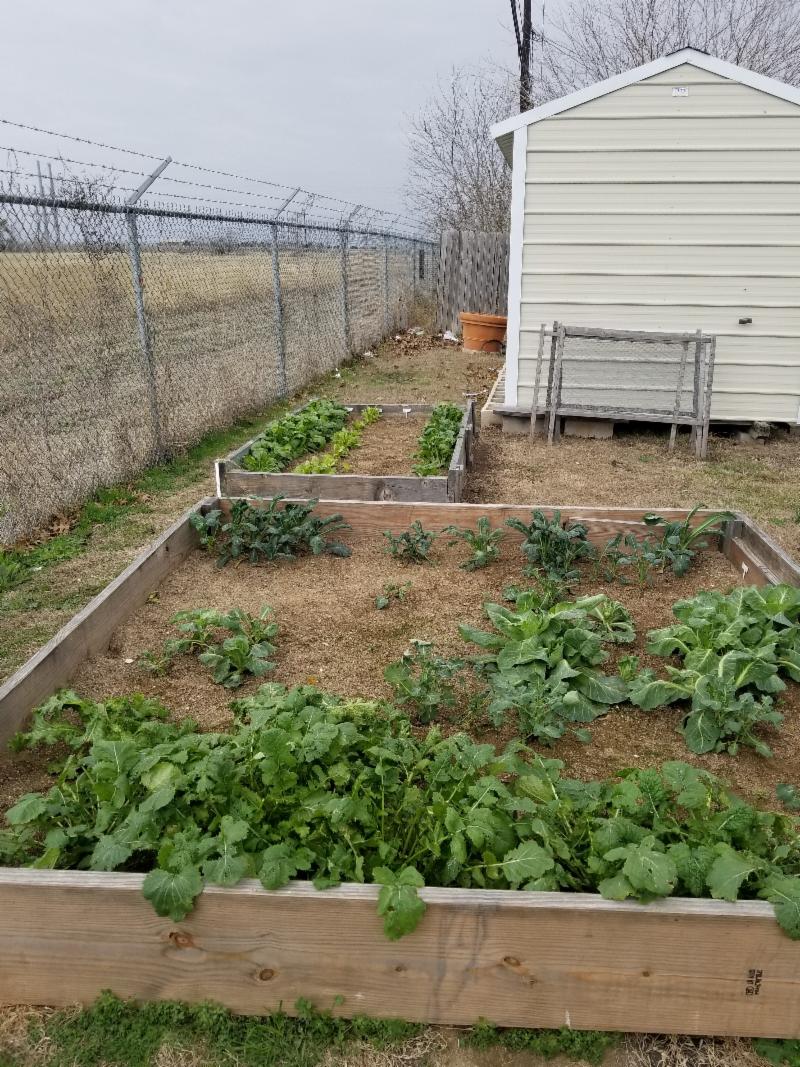
Our Spring crop on April 19, 2018 included Sweet Potatoe Slips, Peppers, Swiss Chard, Tomatoes, New Zealand Spinach, Cucumbers, Watermelons, Cantaloupes and Honeydew Melons.
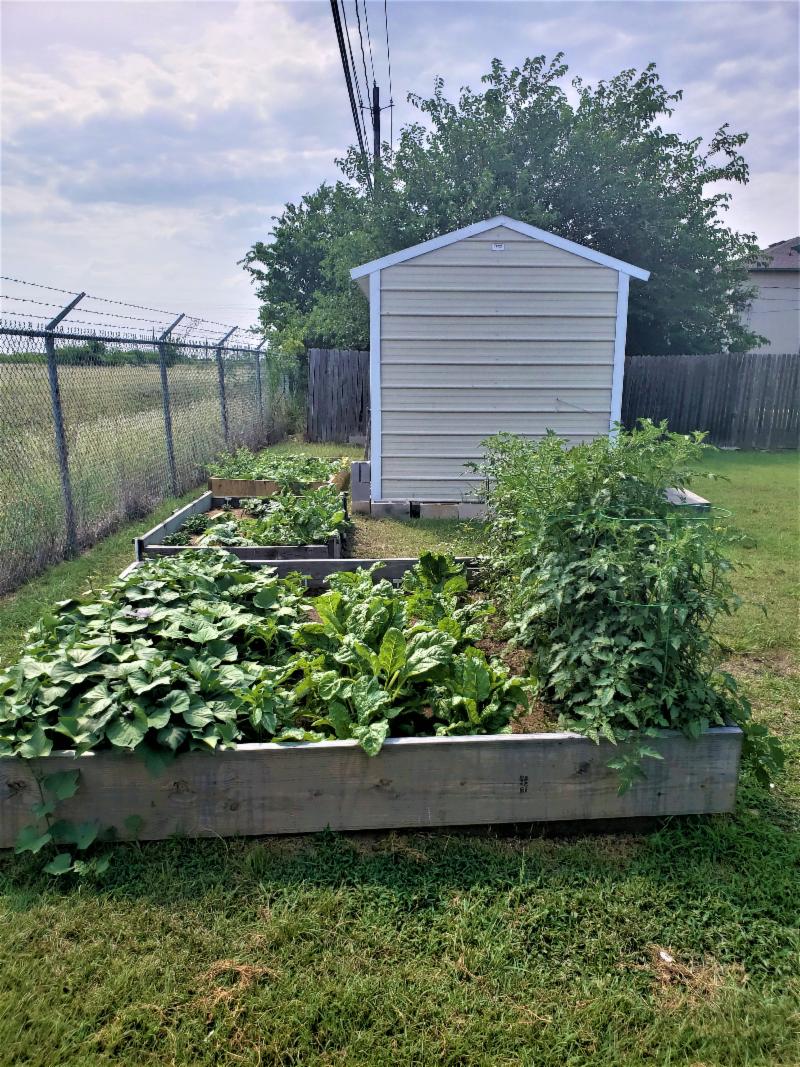
Book Excerpts
What We Did Right
-Got A Plant Diagnosis: Don't be afraid to get a diagnosis on your plants. We go to the doctor for a check-up and we take our animals to animal doctors for check-ups. So I took a leaf from the lemon and tangerine tree to the natural gardening center for a diagnosis and she said it was being over-watered .
The lemon tree is doing well now. After my mate was going behind my back watering it, I just gave it to him to look after. It's been in the house most of the time and is growing quite well in a window with direct sunlight. Eventually though, it will need to be moved outside and repotted to a bigger pot and/or even planted in the ground.
-Used Good Soil: The fact that we chose to use the Thunder Dirt from GEO Growers in Austin, which contained many essential nutrients, it gave the foods a fighting chance, especially in the first garden -- since we chose to start the garden in one of the hottest months of the year -- June 2017.
-Set Up A Water Drip or Irrigation System: The best step that we took was rigging a drip system using a sprinkler system (Orbit Hose Faucet Timer from HomeDepot.com), when we went out of town for a week.
Hopefully, in the future with any raised bed garden, we will install a drip system as soon as we apply the soil. So many people are a slave to their garden and crops.
The good thing is, no matter how much foods we plant in the future, we will still be able to plan trips out of town and enjoy ourselves as we age gracefully.
Why First-Time Gardeners
Give Up
Whether you are growing foods in the ground in gardens, in raised bed gardens, farming using
permaculture or aquaponics, or growing foods in pots and containers in or outside of your home, or using some other method of growing foods, only you can decide which is best for you.
For us we plan on sticking with raised beds and growing foods in pots and containers. What is quite alarming is that over 40% of people choose not to garden after the first year.
This is probably because:
Don't let any of these reasons keep you from becoming
 a gardener or even starting your own farm. I can't see myself giving up, not this early in the game, especially now that I know beyond a shadow of a doubt, that I do have a "green thumb." a gardener or even starting your own farm. I can't see myself giving up, not this early in the game, especially now that I know beyond a shadow of a doubt, that I do have a "green thumb."
Green thumb gardeners are not always born with green thumbs. They develop these by attending gardening classes, joining or forming gardening clubs ( www.CathyHarrisGardenClub.com) or groups ( www.VirtualOrganicGardenClubs.com), conducting research by reading and listening to audiobooks and viewing gardening videos, especially online on http://www.google.com and
How Will You Stay Motivated To Keep Growing Foods
Most of you saw 'first-hand' in my gardening journey, what I did to stay motivated and to become a successful gardener such as:
BrotherBuildingGarden.com Initiative

So what's going to be your excuse
for not growing foods?
Tons of Sistars are waiting for you to come into their backyards and build these raised beds...This is a great business opportunity...so go to
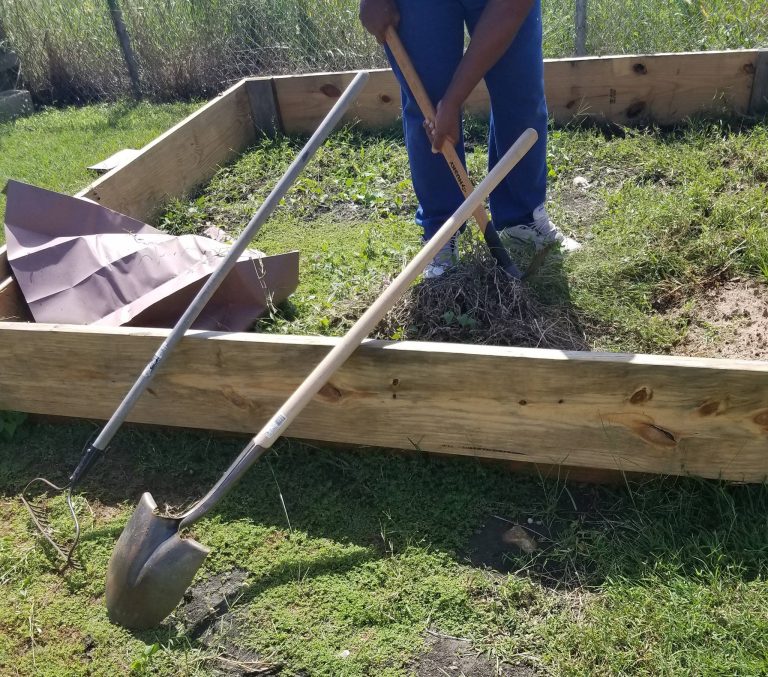  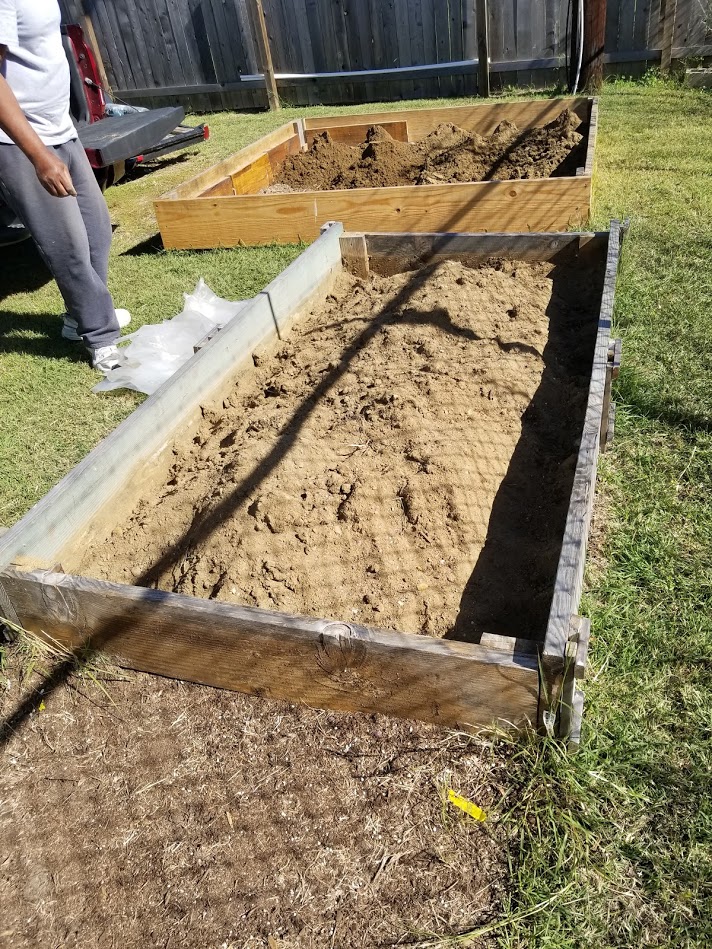 |

Cathy Harris 90 Day
Health Challenge
Can Women Turn Off the Stove for 90 Days to Save Their Family?
Can Men Stop Watching Sports for 90 Days to Save Their Family?

Stay Focused And Form Your Own Garden Club
Cathy Harris Releases New Book and New National Food Project "Virtual Organic
Garden Clubs"
June 2017
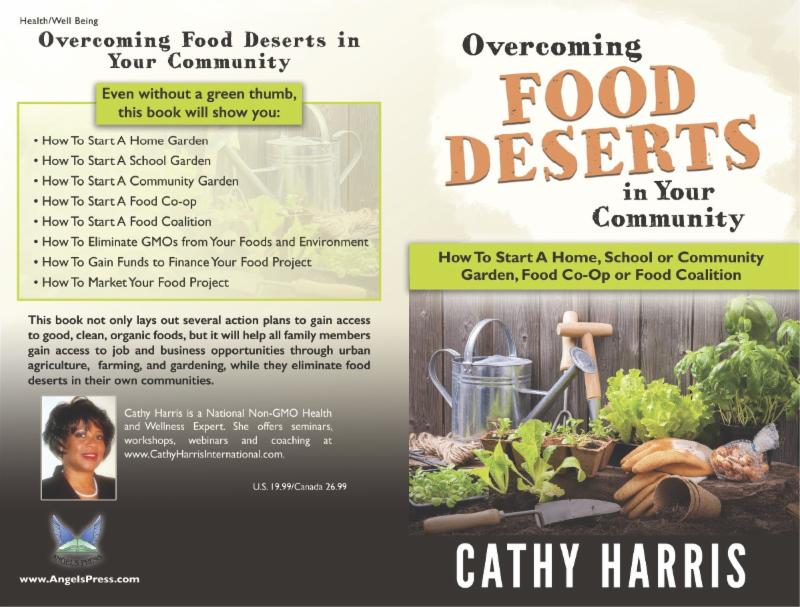
"Overcoming Food Deserts in Your Community: How To Start A Home, School or Community Garden, Food
Co-op or Food Coalition"
by Cathy Harris
(available as an e-book and paperback)
Table of Contents
SECTION 1: HOW WILL YOU GAIN ACCESS TO GOOD, CLEAN, ORGANIC FOODS?
How To Start A Home Garden
How To Start A School Garden
How To Start A Community Garden
How To Start A Food Co-op
How To Start A Food Coalition
SECTION II: LEGAL STRUCTURE AND FINANCING FOR FOOD PROJECTS
Job and Business Opportunities
Legal Business Structure
Top Ways to Finance Food Projects
SECTION III: MARKETING AND MEDIA FOR FOOD PROJECTS
How To Market Food Projects
How To Deal With Media Entities
PREFACE - A NOTE TO THE READER
This book not only lays out several action plans to gain access to good, clean, organic foods, but it will help all family members gain access to job and business opportunities, while they eliminate food deserts in their communities.
Face it we will never get back to totally living off the land like our ancestors did, but families must come together today for the sake of future generations. We need to seriously look at solutions because this is the first generation that will not outlive their parents.
However, there are economically-empowered ways we can feed, clothe and shelter our own families.
Food is not always only about the most expedient way to suppress hunger. Many community organizations have long understood this and believe that food access and quality is tied to both racial and economic justice.
Over the past few years we have heard quite a bit about food deserts, or high poverty areas where a lack of grocery stores makes it difficult for residents to purchase fresh food. However, we know far less about the food realities of people who live near grocery stores where fresh food is sold, but because of their limited incomes, they simply cannot afford it.
Affordable healthy food is an issue of both equity and justice that disproportionally affects working-class and poor people of color in cities and rural areas.
Reducing the economic necessity for some to rely so heavily on food that is unhealthy, is not only a tool for fighting health concerns, there are other benefits too.
Time and time again it shows when many schools team up with healthy venues and swap out soda machines and offer instead -- juices, water and low-sugar energy drinks and also prepared meals entirely free of additives and chemicals, but with abundant amounts of fresh fruits, vegetables and whole-grain breads, this have led to reduced behavioral problems, higher grades, lower expulsion rates, decreases in the use of ADD prescription drugs, and teachers are reporting that the students were more attentive and could concentrate for longer periods of time.
Gaining access to clean, sustainability, grown food is a basic human right so we need venues to offer education to inspire family members to live healthy lives, by offering hands-on education in urban farming, sustainability, and nutrition and this is what this book will do.
Project Complete...

Cathy Harris One Year
Gardening Journey
This was my last harvest before I left Austin, Texas about 4 weeks ago #SweetPeppers. It took 7 months to grow these peppers. First they turned green, then yellow, then red. #TheyWereDelicious.
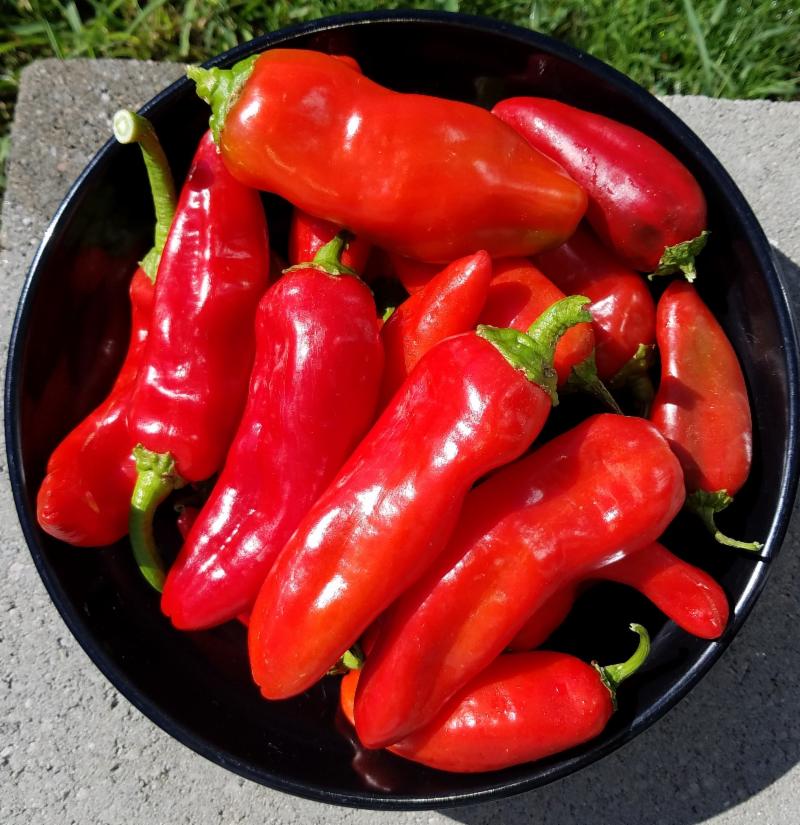 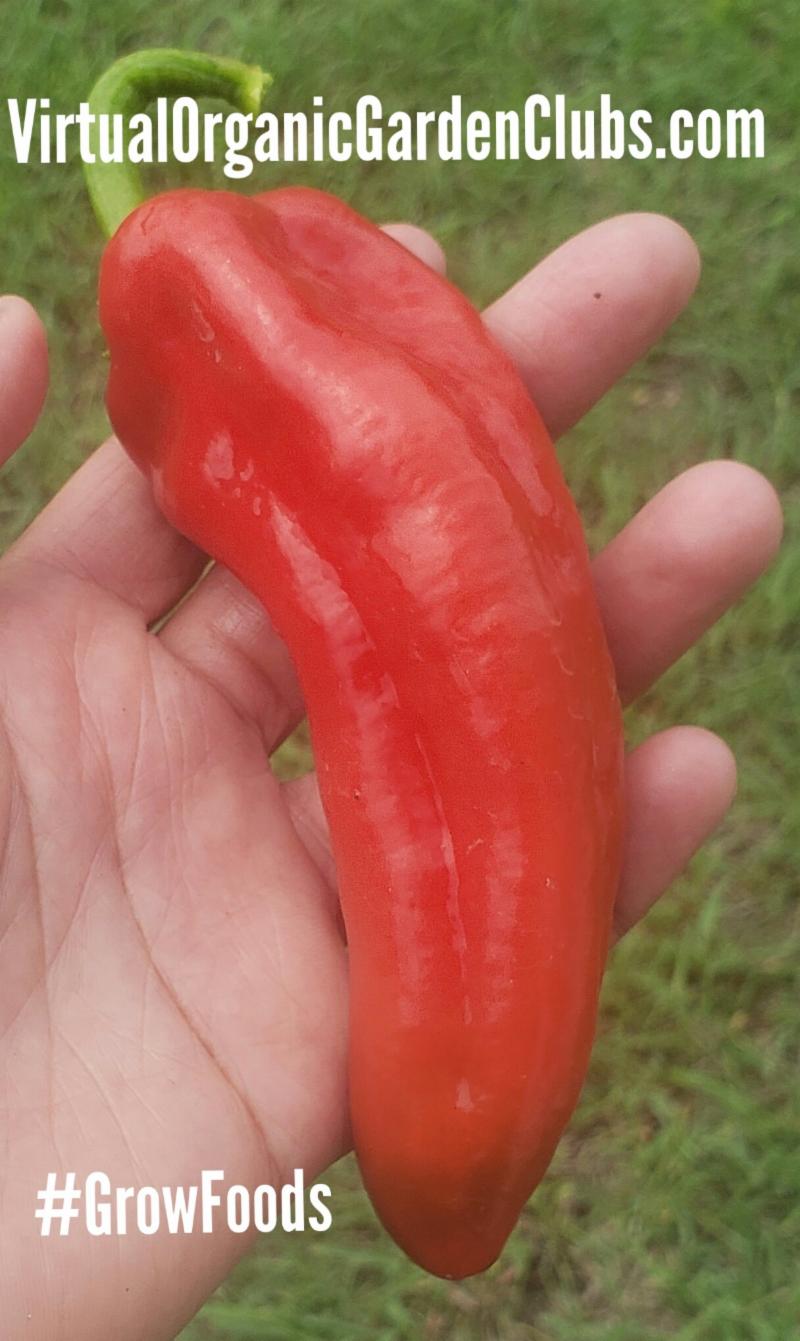 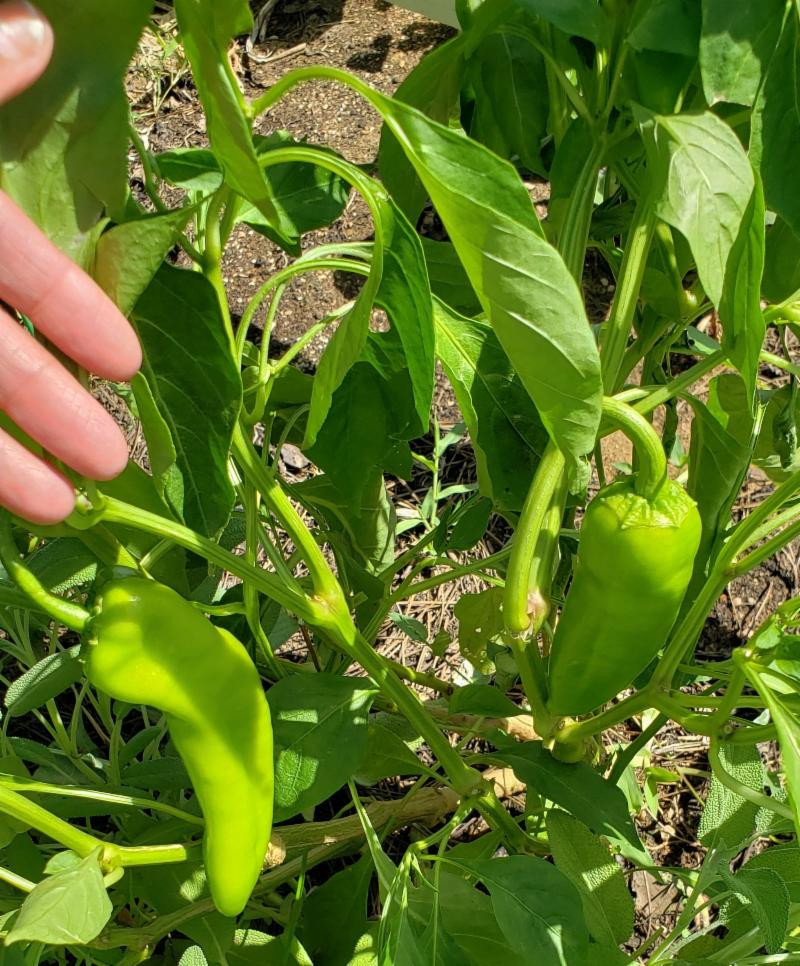 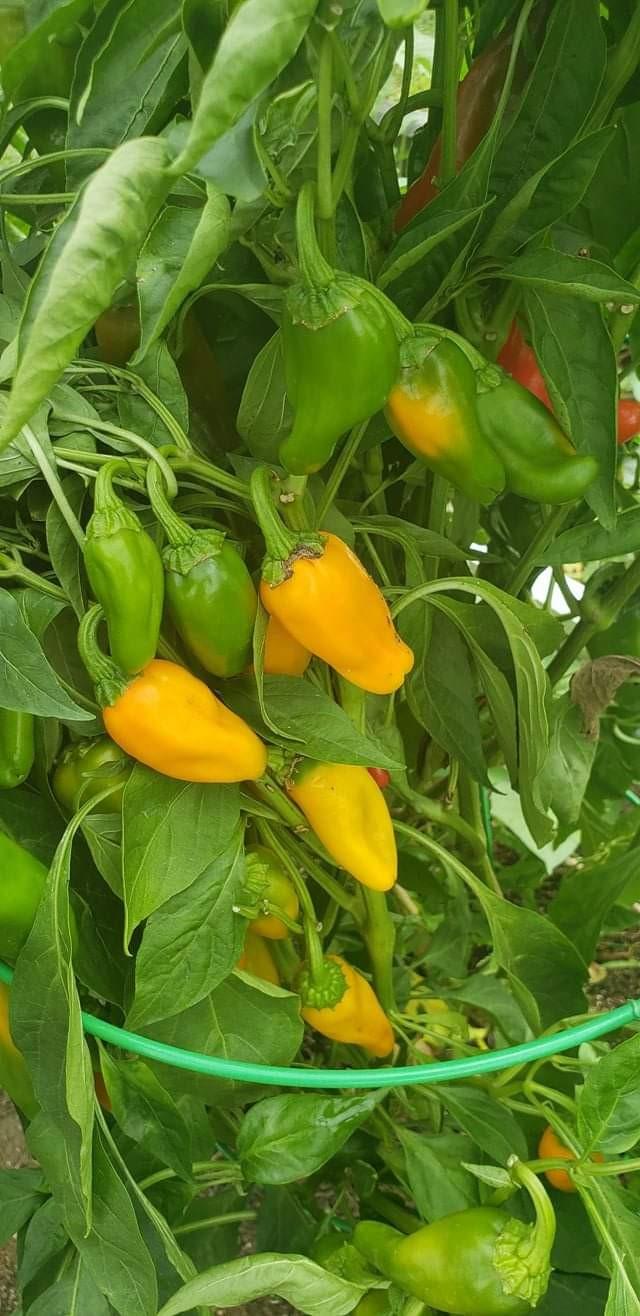 |
No comments:
Post a Comment